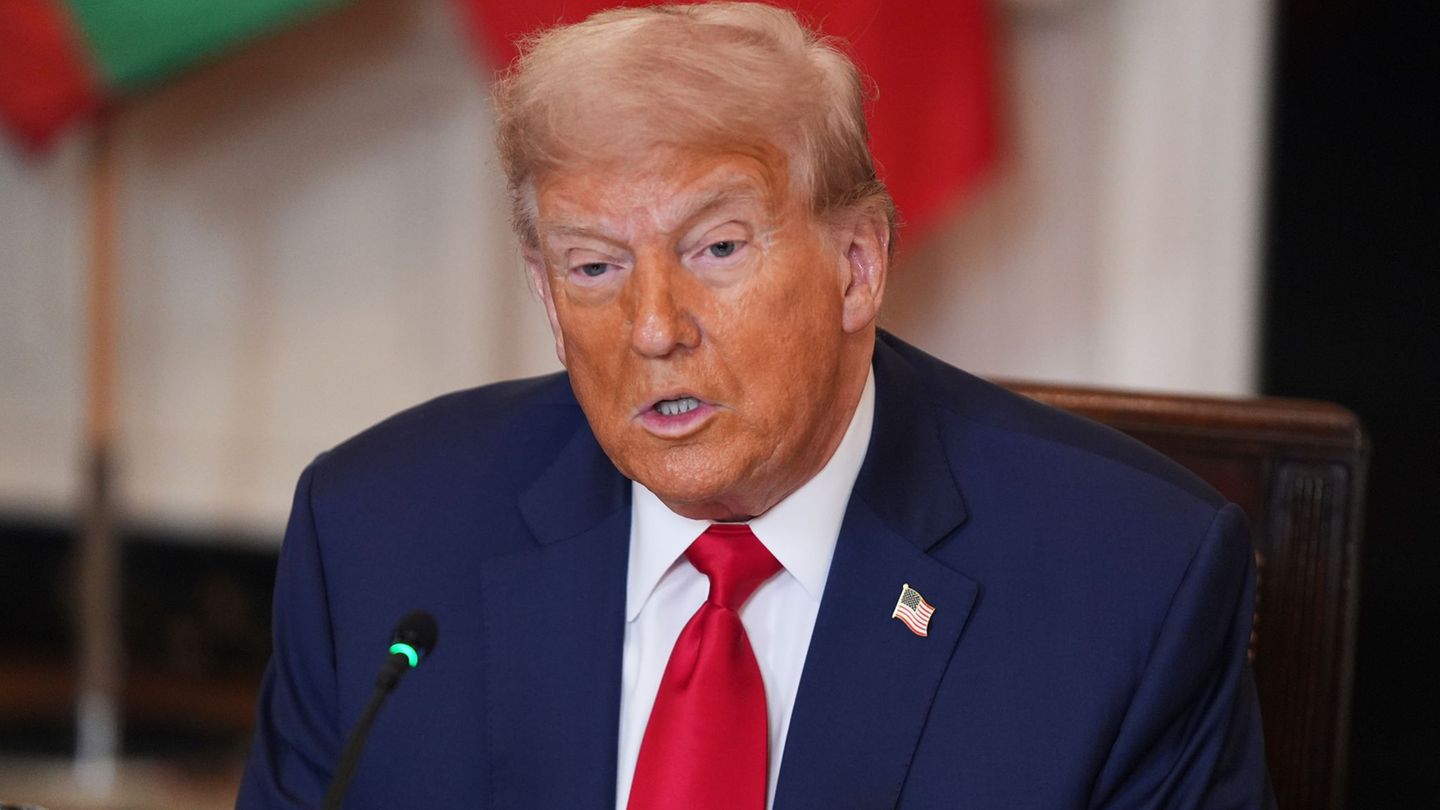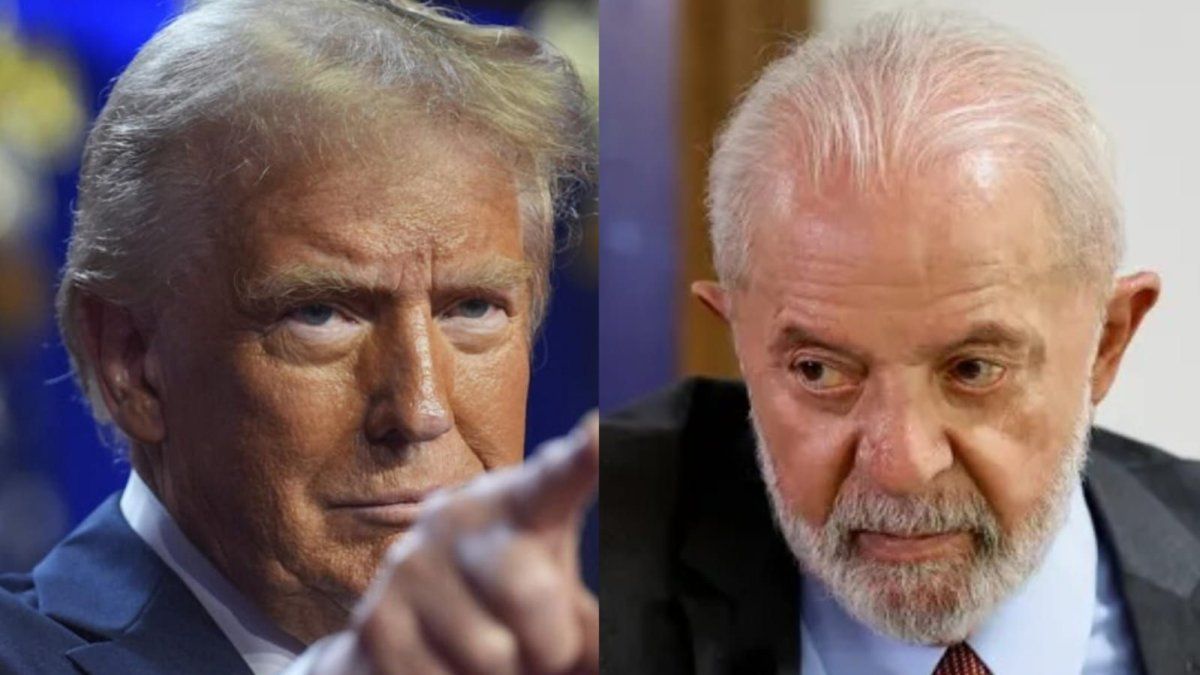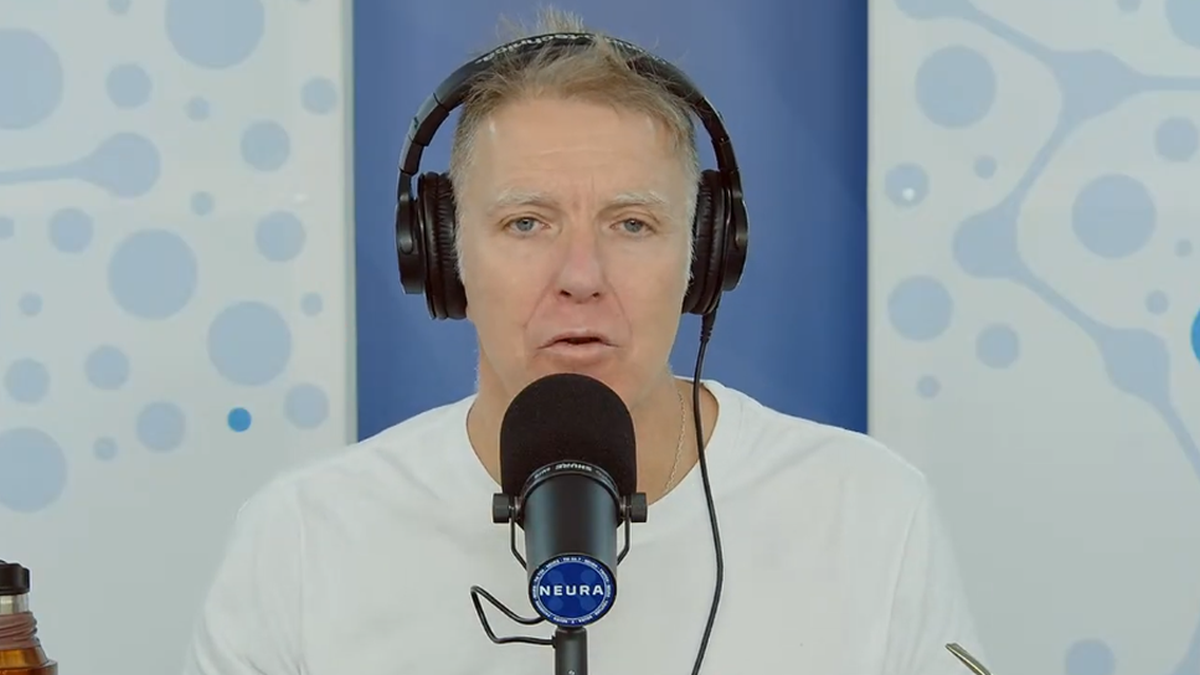Since December 2022, the Munich Regional Court has been trying to shed light on the alleged Wirecard billion-dollar fraud. The 100th day of the trial is approaching – many more will follow.
There is no verdict in sight in the Wirecard trial before the 100th day of proceedings this Wednesday. 14 months ago, on December 8, 2022, the Munich I Regional Court opened the trial for what is believed to be the largest fraud case in Germany since 1945. But it is currently impossible to predict whether the proceedings can be ended this year, as a court spokesman said.
This requires great patience from everyone involved, from judges, lay judges, defense lawyers and experts as well as from the three defendants. Former supervisory board member Anastassia Lauterbach has been invited to testify this Wednesday.
She must prepare herself for questions that the judges have already confronted other former members of the control body. Did the Wirecard board influence or hinder the work of the supervisory board and auditors?
Key witness Oliver Bellenhaus
However, the court’s decision to suspend the arrest warrant against key witness Oliver Bellenhaus after more than three and a half years could lead to a dispute on the 100th day of the trial. This means that former CEO Markus Braun is now the only one of the three defendants to remain in custody.
After Bellenhaus’ release, Braun’s defense attorney Alfred Dierlamm promptly accused the Munich judiciary of a “dirty deal behind closed doors.”
After 14 months, the picture that emerges is that Wirecard cannot have been doing things properly. A witness who was recently interviewed via video from Bangkok stated that she had never heard of Wirecard. But her signature and passport copy can be found in company documents. The saleswoman was obviously a straw woman, according to her statement, without her own knowledge or involvement.
And a Japanese manager who had traveled from Malaysia was apparently surprised to learn in the courtroom that he was said to have been a director or partner in around a hundred companies in Wirecard’s orbit in Singapore.
The former chairman of the supervisory board, Thomas Eichelmann, said that the information requested by the supervisory board was missing in an ad hoc message published by Braun in April 2020. A British manager for the US company Visa testified that there were no receipts in the Visa computer system for credit card payments documented in Wirecard documents. A former Wirecard lawyer stated that the compliance regulations for law-abiding corporate management were not of great importance in the group that collapsed in 2020.
The core question of the process remains unclear
But the core question of the process is unresolved: Was CEO Braun a fraudster – or a victim of the former sales director Jan Marsalek and his accomplices, who have been in hiding since 2020?
According to the indictment, Braun and his co-defendants were members of a gang of fraudsters who are said to have fabricated billions in non-existent sales. Key witness Bellenhaus accused Braun of complicity. According to the indictment, the fictitious transactions were essentially booked through the three “third-party partners” Al Alam, Payeasy and Senjo. These companies are said to have handled credit card payment transactions in the Middle East and Southeast Asia – allegedly on Wirecard’s behalf. .
The former CEO and his defenders do not deny that criminals were at work at Wirecard. But when it comes to his own role, Braun, who was previously revered as a technology guru by many small shareholders, rejects all allegations. According to his defense attorneys, Marsalek, Bellenhaus and accomplices managed to transfer real billions from real businesses to the site through a network of shadow companies, without Braun’s knowledge or involvement. Braun’s lawyers accused the key witness of lying, which contributed to the outraged reaction after Bellenhaus’ release.
Braun’s defenders argue that Marsalek was actually behind the three third-party partners. The recently heard Japanese witness confirmed this at least for Senjo, which is based in Singapore – and added that this group of companies had neither the necessary technology nor employees for payment business.
Wirecard insolvency administrator Michael Jaffé has so far found no trace of the missing billions, and his assessment of the actual payment flows could be of great importance. But it will probably be months before Jaffé appears as a witness in the underground courtroom of the Stadelheim prison. According to the court spokesman, the insolvency administrator is expected to be heard as a witness towards the end of the taking of evidence.
Source: Stern




